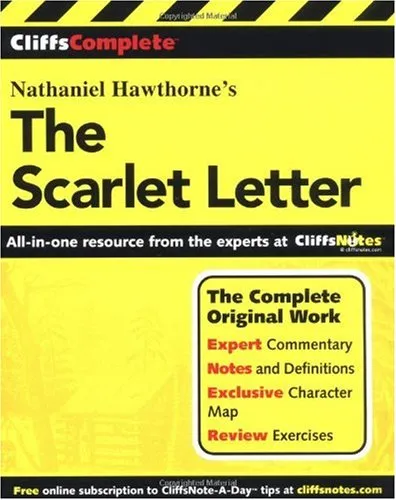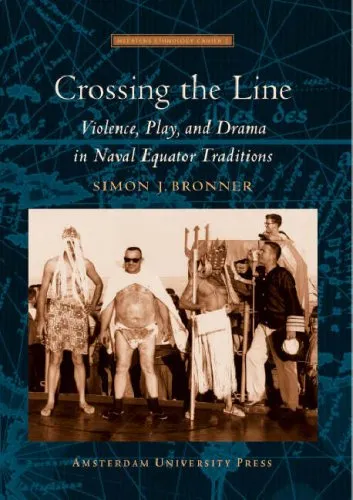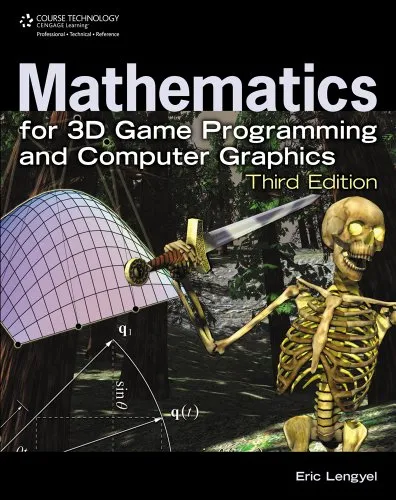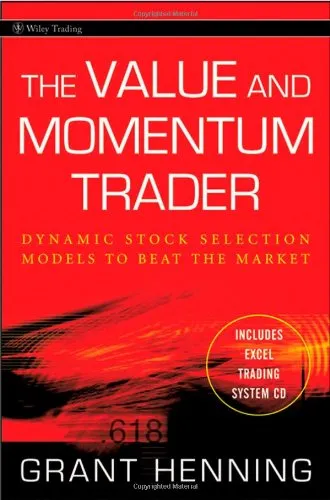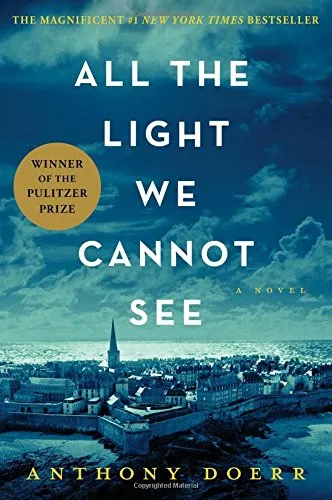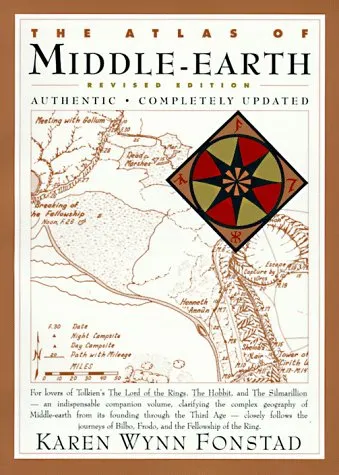Cold War Crucible: The Korean Conflict and the Postwar World
4.3
Reviews from our users

You Can Ask your questions from this book's AI after Login
Each download or ask from book AI costs 2 points. To earn more free points, please visit the Points Guide Page and complete some valuable actions.Related Refrences:
The end of World War II did not mean the arrival of peace. The major powers faced social upheaval at home, while anticolonial wars erupted around the world. American-Soviet relations grew chilly, but the meaning of the rivalry remained disputable.Cold War Cruciblereveals the Korean War as the catalyst for a new postwar order. The conflict led people to believe in the Cold War as a dangerous reality, a belief that would define the fears of two generations.In the international arena, North Korea's aggression was widely interpreted as the beginning of World War III. At the domestic level, the conflict generated a wartime logic that created dividing lines between "us" and "them," precipitating waves of social purges to stifle dissent. The United States allowed McCarthyism to take root; Britain launched anti-labor initiatives; Japan conducted its Red Purge; and China cracked down on counterrevolutionaries. These attempts to restore domestic tranquility were not a product of the Cold War, Masuda Hajimu shows, but driving forces in creating a mindset for it. Alarmed by the idea of enemies from within and faced with the notion of a bipolar conflict that could quickly go from chilly to nuclear, ordinary people and policymakers created a fantasy of a Cold War world in which global and domestic order was paramount.In discovering how policymaking and popular opinion combined to establish and propagate the new postwar reality,Cold War Crucibleoffers a history that reorients our understanding of what the Cold War really was.
Free Direct Download
You Can Download this book after Login
Accessing books through legal platforms and public libraries not only supports the rights of authors and publishers but also contributes to the sustainability of reading culture. Before downloading, please take a moment to consider these options.
Find this book on other platforms:
WorldCat helps you find books in libraries worldwide.
See ratings, reviews, and discussions on Goodreads.
Find and buy rare or used books on AbeBooks.
1339
بازدید4.3
امتیاز0
نظر98%
رضایتReviews:
4.3
Based on 0 users review
Questions & Answers
Ask questions about this book or help others by answering
Please login to ask a question
No questions yet. Be the first to ask!

